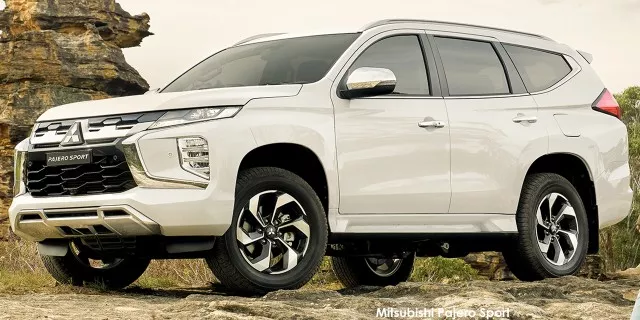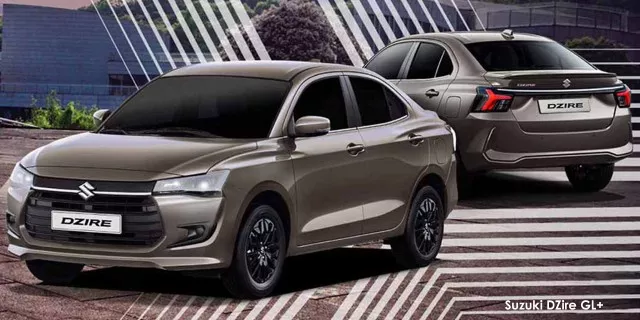
The National Energy Regulator of South Africa (Nersa) has approved increases to the Petroleum Pipelines System tariffs for the next two years.
As a result, fuel prices in the country will rise by 5.23c per litre in the 2025/26 financial year, followed by another 3.80c per litre increase the year thereafter.
The pipelines tariffs are used by the Department of Mineral and Petroleum Resources as a proxy for the cost of transporting fuel from Durban to Johannesburg.
The heightened tariffs will allow state-owned port and rail authority Transnet to realise an increase of 8.73% in Allowable Revenue (AR) for the 2025/26 period, and an increase of 5.71% in 2026/27, said Nersa.
On 2 August 2024, the Energy Regulator received Transnet’s tariff application for the 2025/26 and 2026/27 tariff periods as a condition of its licence to operate its Petroleum Pipelines System.
Transnet applied for an AR of R8,710.16 million for the 2025/26 FY, which is a 20.77% increase compared to the AR in the Nersa 2024/25 FY Decision.
“The Transnet application, if approved, would have resulted in an increase of 13.34c per litre in the Durban-to-Alrode tariff in the 2025/26 FY, followed by a 0.58c per litre decrease in the 2026/27 FY,” said Nersa.
In arriving at its final decision of the net lower 5.23c and 3.80c per litre increase for the coming years, respectively, Nersa considered a variety of factors including public interest and regulatory certainty.
The following key issues were also taken into account:
- Volume Risk Sharing
- Economic Impact Assessment
- Smoothening of the tariff trajectory
- The Multi-Product Pipeline (MPP) Project
- Pipeline tampering and product theft incidents
- Comparison of alternative modes of transport for petroleum products
“The pipeline system is generally the most cost-effective mode of transportation of petroleum and petroleum products from the coast to the inland area, apart from using rail or road transport,” said Nersa.
“This is of special importance for the alleviation of the pressure on both the rail and road infrastructure, noting the road accidents involving tankers in recent times.”
The Energy Regulator said it will continue to monitor the shifting of fuel volumes away from road and rail transport to the pipeline system.
Fuel supply under threat
Nersa added that it remains concerned about criminal activities on Transnet infrastructure, such as tampering with the pipelines with the aim to steal product.
This issue was recently brought to light Transport Portfolio Committee chairperson Donald Selamolela.
Selamolela said it appears that a syndicate is targeting the Transnet pipeline that transports fuel from KwaZulu-Natal to the country’s economic hub of Gauteng.
They reportedly tap into the pipeline to divert fuel meant for inland customers such as franchise filling stations.
These syndicates are thought to involve not only criminals but also corrupt Transnet officials who can provide important information from the inside.
“This does not only sabotage the economy of the country, but also results in loss of life,” said Nersa.
“In this regard, the Energy Regulator remains of the view that the enforcement of bylaws by municipalities would greatly assist in curbing this scourge.”








